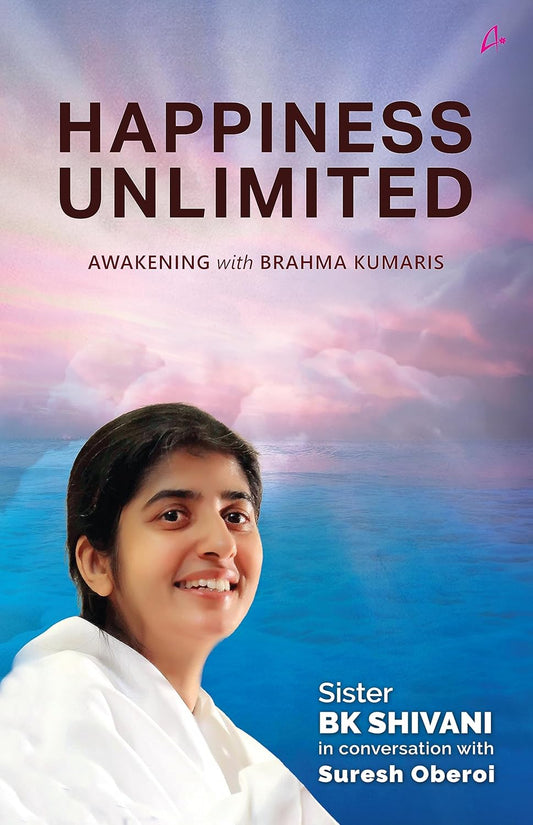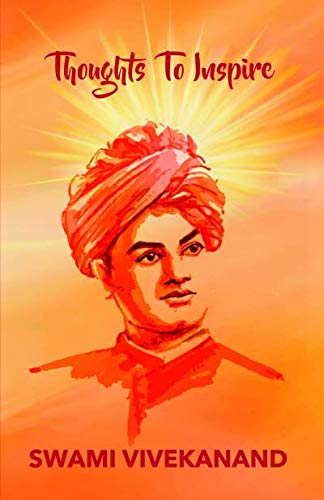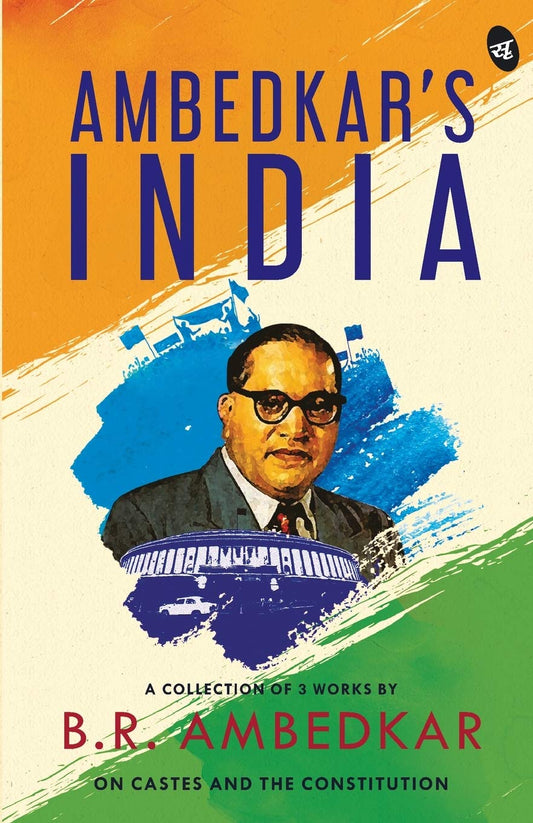Building the perfect reading list isn't about impressing others or checking boxes—it's about creating a curated collection that educates, entertains, and transforms your thinking. Whether you're starting from scratch or refining an existing collection, the right books can become lifelong companions that you'll return to again and again.
A well-crafted personal library serves multiple purposes: it reflects your interests, challenges your perspectives, and provides reliable sources of wisdom and entertainment. The key is balancing timeless classics with contemporary voices, ensuring your book collection grows with you over time. Think of your reading list as an investment in your intellectual and emotional development.
The beauty of a personal reading list lies in its flexibility. Unlike school curricula or book club selections, your list should evolve based on your changing interests, life circumstances, and goals. This guide will help you build a foundation of essential books while leaving room for discovery and personal preference.
Why Every Reader Needs a Curated Reading List
Random book selection often leads to inconsistent reading experiences and abandoned books. A thoughtfully planned reading list ensures you're always excited about your next read while maintaining a healthy balance of genres, authors, and perspectives. It eliminates the decision fatigue that comes with browsing endless options.
Having a structured approach to book selection also helps you tackle intimidating classics alongside accessible contemporary works. This balance prevents reading ruts while ensuring you're consistently challenged and engaged. Plus, a visible reading list serves as motivation and accountability for your reading goals.
Research shows that readers with organized lists are more likely to complete books and maintain consistent reading habits. Your list becomes a roadmap for intellectual growth, helping you build knowledge systematically rather than haphazardly.
Essential Categories for a Well-Rounded Reading List
Timeless Classics That Stand the Test of Time
Classic literature earns its reputation through universal themes and exceptional craftsmanship. Include works like "To Kill a Mockingbird" by Harper Lee, "1984" by George Orwell, and "Pride and Prejudice" by Jane Austen. These classic books provide cultural literacy and demonstrate why certain stories resonate across generations.
Don't feel pressured to love every classic, but give them fair consideration. Many classics address timeless human experiences—love, loss, power, justice—in ways that remain relevant today. Start with shorter classics or those adapted into films you enjoyed.
Contemporary Fiction for Modern Perspectives
Balance classics with recent fiction that reflects current social issues and diverse voices. Authors like Chimamanda Ngozi Adichie, Colson Whitehead, and Sally Rooney offer fresh perspectives on modern life. Contemporary fiction helps you understand current cultural conversations and emerging literary trends.
Look for award winners from the past decade—Pulitzer Prize, Man Booker Prize, or National Book Award recipients often represent the best of contemporary literature. These books capture the zeitgeist while demonstrating exceptional storytelling craft.
Non-Fiction for Knowledge and Growth
Your book recommendations should include non-fiction across multiple categories: biography, history, science, philosophy, and self-improvement. Books like "Sapiens" by Yuval Noah Harari, "Educated" by Tara Westover, and "Atomic Habits" by James Clear offer different types of learning and inspiration.
Choose non-fiction based on your curiosities and career interests, but also venture into unfamiliar territory. A biography of someone outside your field or a science book about topics you've never considered can expand your worldview unexpectedly.
Diverse Voices and Global Perspectives
Intentionally seek authors from different backgrounds, cultures, and countries. This might include "Americana" by Chimamanda Ngozi Adichie, "The Kite Runner" by Khaled Hosseini, or "Pachinko" by Min Jin Lee. Diverse reading broadens your understanding of human experiences beyond your context.
Consider translated works from international authors. Literature from Japan, Latin America, Africa, and Eastern Europe offers unique storytelling traditions and cultural insights you won't find in English-language books alone.
Building Your Personal Reading List Strategy
Start with Your Interests and Goals
Begin by identifying your reading motivations. Are you seeking entertainment, education, personal growth, or professional development? Your reading goals should guide your initial selections. Someone interested in leadership might prioritize business biographies, while a fiction lover might focus on literary award winners.
Consider your current life phase and challenges. New parents might appreciate memoirs about parenting, while career changers might benefit from books about following a passion or building new skills. Your reading list should serve your immediate needs while building long-term knowledge.
Use the 70-30 Rule for Balance
Dedicate 70% of your reading list to books you're genuinely excited about—your comfort zones and preferred genres. Reserve 30% for challenging or unfamiliar material that pushes your boundaries. This reading strategy ensures you maintain enthusiasm while continuing to grow as a reader.
The 30% might include dense classics you've avoided, genres you typically skip, or topics outside your expertise. This balance prevents reading fatigue while ensuring continuous intellectual development.
Plan for Different Moods and Situations
Your must-read books should accommodate various reading situations. Include quick reads for busy periods, comfort reads for stressful times, and substantial books for when you can focus deeply. Consider audiobook versions for commuting or physical books for screen-free relaxation.
Think about seasonal reading too. Light beach reads for summer, cozy mysteries for winter, or inspiring memoirs for New Year motivation. Having options for different moods ensures you'll always have something appealing to read.
Organizing and Maintaining Your Reading List
Keep It Flexible and Manageable
Aim for 20-30 books on your active reading list—enough variety without overwhelming choice. Organize by priority: must-read-soon, when-I-have-time, and someday-maybe categories. This reading list organization helps you make quick decisions without abandoning long-term interests.
Review and update your list quarterly. Remove books that no longer interest you and add discoveries. Your list should evolve with your changing interests and life circumstances.
Track Your Progress and Discoveries
Document your reading journey through a simple journal, app, or spreadsheet. Note favorite quotes, key insights, and personal reactions. This reading tracking helps you remember why books matter and identify patterns in your preferences.
Keep a separate list of books recommended by friends, podcasts, or articles. These suggestions often lead to unexpected discoveries that wouldn't appear through your usual selection process.
Digital vs. Physical: Building Your Collection
Whether you prefer physical books, e-readers, or audiobooks, consistency matters more than format. Many successful readers use multiple formats: physical books at home, e-books for travel, and audiobooks for commuting. Choose formats that support your reading habits rather than complicate them.
Consider your living situation and budget when building a physical collection. Library borrowing, book swaps, and digital purchases can build your reading list without overwhelming your space or finances. The goal is access to great books, not impressive shelves.
Making Your Reading List Work for You
Remember that your library should serve you, not stress you. Don't feel guilty about abandoning books that don't engage you or deviating from your planned list when something exciting appears. The best reading list is the one you use.
Start building your essential reading list today by choosing three books: one classic you've always meant to read, one contemporary book that addresses current interests, and one non-fiction book that could help you grow personally or professionally. This foundation will guide you toward a lifelong love of reading and learning.
Reading List FAQ's
How many books should be on my reading list at one time?
Keep 20-30 books on your active reading list—enough for variety without decision paralysis. Organize them by priority: immediate reads (5-7 books), upcoming reads (10-15 books), and someday reads (the rest). Review and update quarterly to keep it fresh and relevant.
Should I include books I might not enjoy on my reading list?
Yes, dedicate about 30% of your list to challenging or unfamiliar material. This might include classics, genres you typically avoid, or educational books outside your comfort zone. This balance ensures growth while maintaining reading enjoyment.
How do I choose between so many book recommendations I receive?
Create a separate "recommendations" list to capture suggestions from friends, podcasts, and articles. Evaluate them based on your current interests and goals before adding them to your main reading list. Not every recommendation needs to make the cut immediately.
Is it better to focus on one genre or read across multiple categories?
Aim for diversity across genres to prevent reading fatigue and broaden your perspective. Include fiction, non-fiction, biography, history, and contemporary works. However, if you're building a reading habit, starting with preferred genres can help establish consistency.
How often should I update my reading list?
Review your reading list every 3-4 months. Remove books that no longer interest you, add discoveries, and adjust priorities based on changing life circumstances. Your list should evolve with your interests and goals.
What if I never finish all the books on my reading list?
That's perfectly normal and healthy! A reading list should inspire rather than overwhelm. Think of it as a curated collection of possibilities rather than a rigid assignment. The goal is to have great options available, not checking every box.










